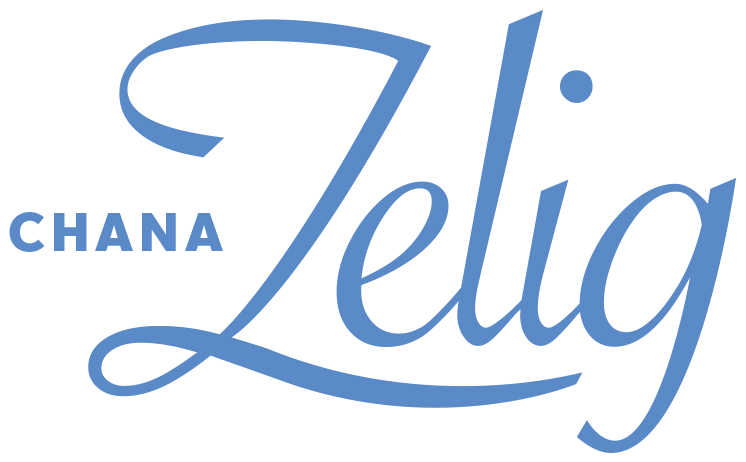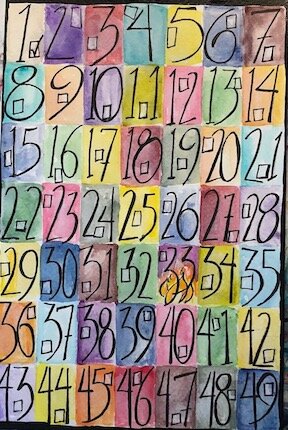How appropriate to work on this omer calendar in quarantine!
The omer period commemorates the 49 days the Jews spent in the wilderness between leaving Egypt and congregating at Mt. Sinai to receive the mitzvot, instructions for how to live our lives. It is also part of the agricultural cycle. On each day of the barley harvest, the ancient Israelites brought a measurement of grain called an omer as an offering to the Temple in Jerusalem. (Leviticus 23:9-21). We single out the days because each one is a spiritual step. The Kabbalists taught us that each of the seven weeks corresponds to an aspect of The Divine.
For Jews, this is a liminal period. Some of the rituals resemble mourning, when daily life is similarly suspended and it is forbidden to listen to live music, attend parties or cut our hair. The omer is also about our collective obligation to provide food for the hungry, as it bridges Passover, when we are instructed to feed the needy through maot chitim and Shavuot, when the Book of Ruth describes the ritual of leaving grain for those who lack sustenance. Furthermore, the Torah portion of Tazriah-Metzora falls during this period, which describes how the priests checked in on the well-being of victims of a plague who were in quarantine and performed the ritual offerings on their behalf.
These directives are profoundly relevant during the Covid-19 pandemic. At least for me, sephira helps me remember what day it is, since they all seem to run into each other as I stay home, looking forward to seeing friends and family in person (let alone, getting a haircut!) But more importantly, as a human community, we can no longer ignore how many people are food-insecure, and we should donate to food pantries, meals on wheels, etc. And, like the priests in the Bible, our leaders need to tend to our most vulnerable.
Since the outbreak, a day hasn’t passed that I wasn’t moved to the point of tears by the magnitude of creativity and kindness of people all around the world whom I’m never going to meet. I’m relishing the internet rabbit hole of kooky Tik-Tok videos and news of acts of generosity, feeling awed by medical providers, appreciating teachers more than ever and am humbled by the people who deliver our stuff and stock our groceries. And I’m loving my online meetings with other artists, the weekly virtual havdalah with my Shabbat Club, and even having been part of a “Catskills at Home” night where about 100 people across the country got together on Zoom and told jokes (borscht belt in place!)
The drive to connect is profound and gives me joy even as everyone counts the days until this is over and we emerge a better, more just society. Until then, stay safe, stay healthy and stay home.
Peace,
Chana

